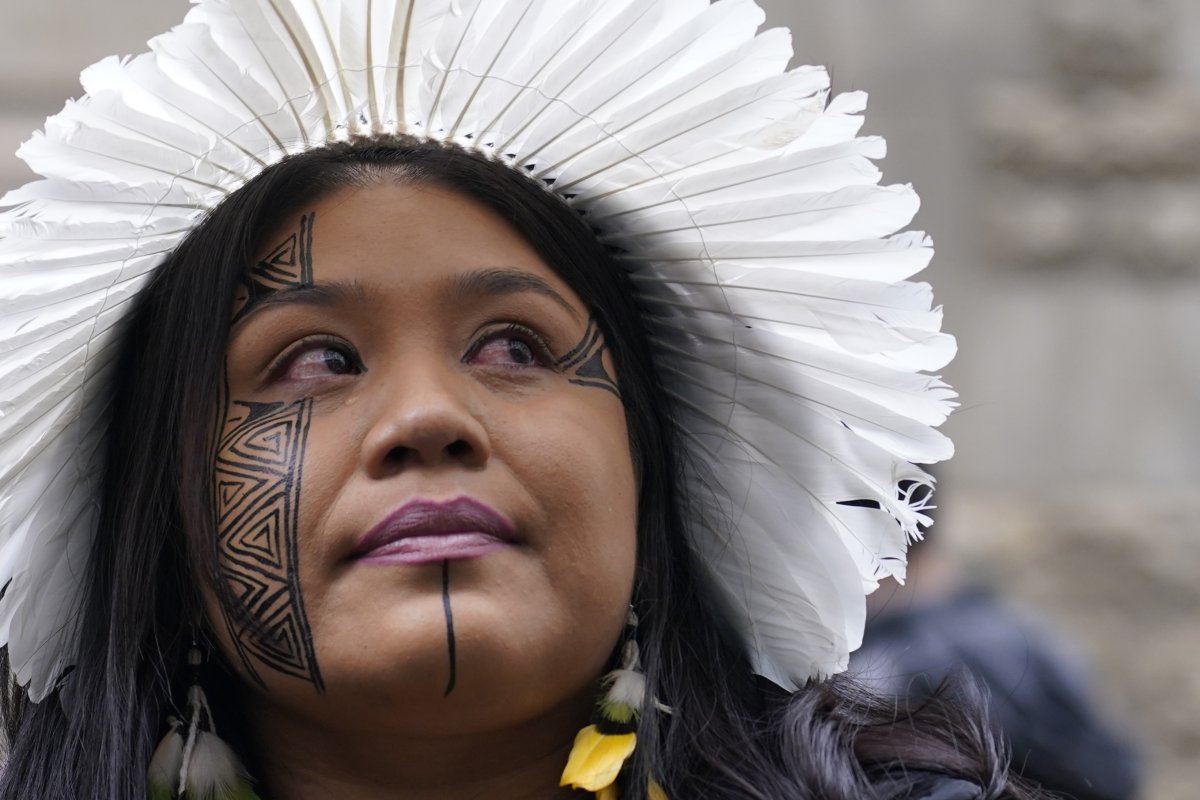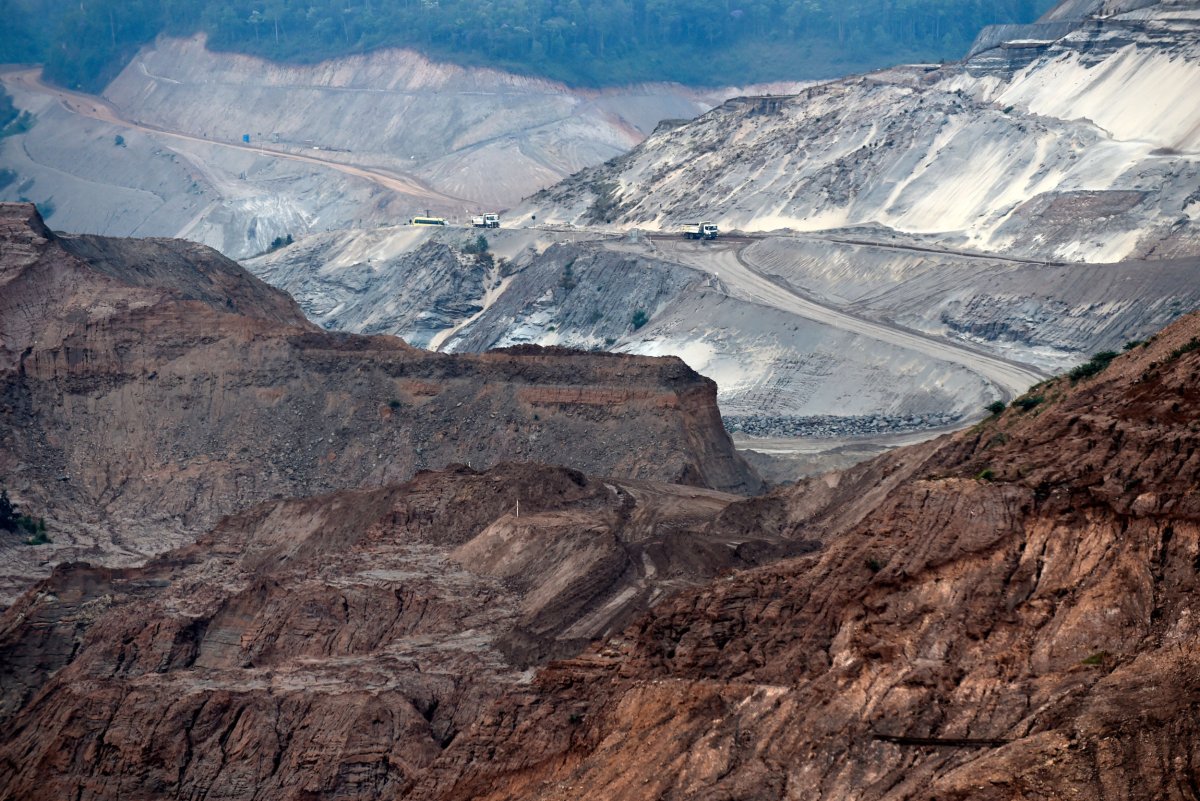Victims of Brazil's worst environmental disaster have taken their case to a United Kingdom court, seeking justice nearly nine years after a catastrophic dam failure caused widespread devastation.
The class-action lawsuit in London's High Court demands an estimated $47 billion in compensation from mining giant BHP. BHP owns 50 percent of Samarco, the Brazilian company that operates an iron ore mine near Mariana, Minas Gerais.
On November 5, 2015, the on-site Fundao dam broke, releasing enough mine waste to fill 13,000 Olympic-size swimming pools into the Doce River in southeastern Brazil, killing 19 people and wreaking environmental havoc that is yet to be resolved to this day.
This caused extensive damage to local communities, fisheries, and ecosystems. Over 620,000 Brazilian claimants are being represented, making it one of the largest environmental claims in legal history.
Lawyers for the claimants argue that BHP bears significant responsibility for the disaster, citing its involvement in the mine's operations.

"BHP is a polluter and must therefore pay," said attorney Alain Choo Choy in written submissions during the trial.
The lawsuit seeks to hold BHP accountable for the spill's long-term effects, which local communities are still grappling with years after the initial incident.
Mariana's Krenak indigenous community holds the river in sacred regard. Their culture and way of life are closely tied to the Doce, and the fallout has devastated them.
A study by the University of Ulster found that the disaster wiped out 14 tons of freshwater fish and polluted over 400 miles of the river. Local activists continue to demand full reparations.
"It's not just the destruction of November 5. The destruction since, I often say, has been worse," said Mônica dos Santos, a survivor from the village of Bento Rodrigues, which was buried by the mud.
Santos, now a leading voice for reparations, explained that the emotional and psychological toll on the survivors has been profound, with many turning to alcohol or struggling with strained personal relationships.
In its defense, BHP's legal team maintained that the company did not directly operate the dam.
"BHP did not own or operate the dam and had limited knowledge of its stability," BHP attorney Shaheed Fatima said in written submissions.

The company also argues that the U.K. legal proceedings are redundant, as there are already reparation programs in Brazil, including a recent $31.7 billion settlement with the Brazilian government, states, and local municipalities.
This settlement, announced by Samarco's co-owner Vale S.A., aims to address damages over the next two decades and includes compensation for individuals and communities.
Despite this, lawyers for the claimants insist that the U.K. lawsuit is necessary.
The plaintiffs believe the U.K. legal system offers their last hope for full compensation, as trust in Brazil's legal and political system remains low.
"God put the people from London on our path because there is no justice in Brazil. Now our last hope is them," said Priscila Monteiro, a survivor of the disaster.
Monteiro was pregnant when the dam broke on her birthday. She and her 2-year-old were pulled from the toxic slime and survived, but she had a miscarriage.
Her 5-year-old niece, Emanuelle, died.
"For me, the day that was supposed to be a celebration has become a day of mourning, forever," she said.
This article includes reporting from The Associated Press.




















 English (US) ·
English (US) ·